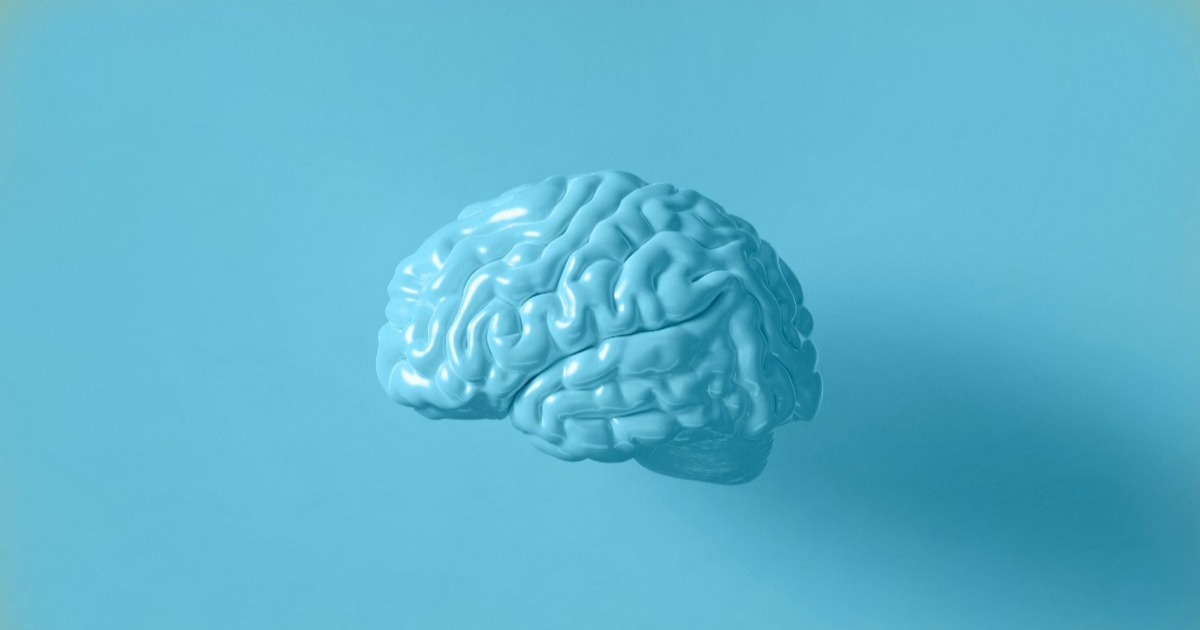Appearing in the Journal of the American Geriatrics Society, a group of researchers examined the association between the five personality traits: neuroticism, extraversion, conscientiousness, agreeableness, and openness, and mild cognitive impairment (MCI_ syndromes. They found that certain personality traits may impact the risk of pre-dementia syndromes.
Researchers probed more than 500 participants in late-adulthood for a span of three years. Throughout their study, only 38 participants went on to develop motoric cognitive risk (MCR), and almost double that amount, 69, developed mild cognitive impairment, increasing the risk of dementia.
“We prospectively examined the association between five personality traits (neuroticism, extraversion, conscientiousness, agreeableness, and openness) and the risk of incident MCR or MCI. MCR builds on MCI operational definitions, substituting the cognitive impairment criterion with slow gait, and it is associated with increased risk for both Alzheimer’s disease and vascular dementia,” the findings indicate.
“None of the personality traits were associated with MCI overall or amnestic MCI,” according to the study’s co-authors.
“These findings provide evidence of a distinct relationship between personality traits and development of specific pre‐dementia syndromes.”


